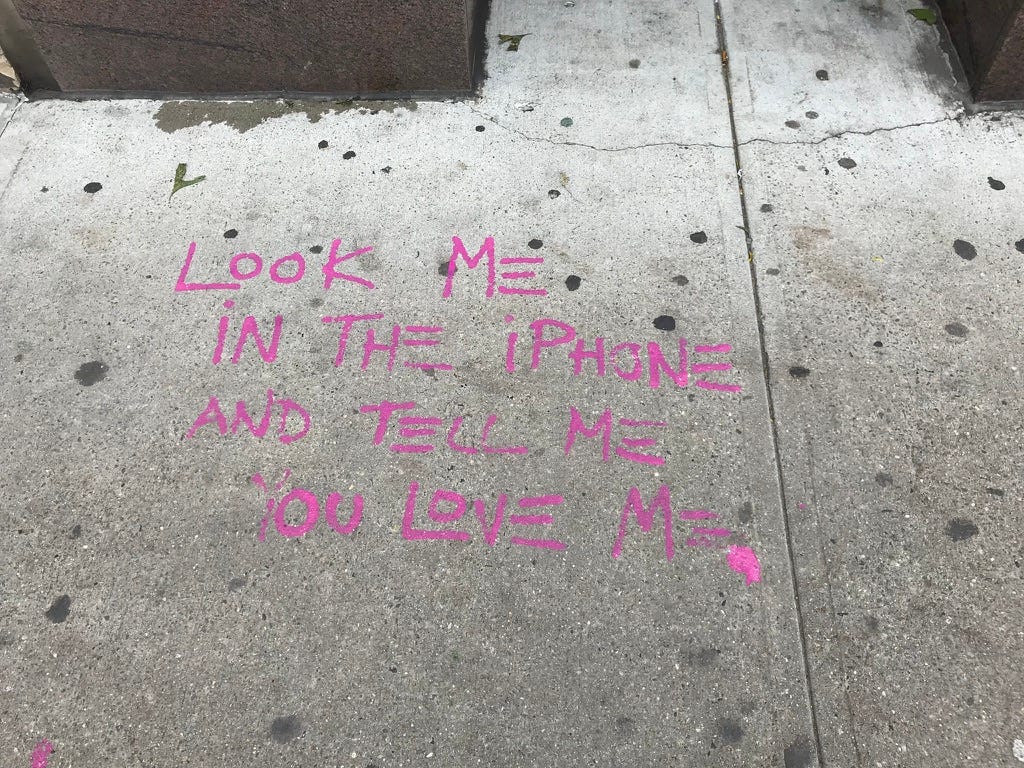Starting today, replace the word “social” in social media with “surveillance.”
For instance, you might tell a friend that you saw the latest picture of their child on their surveillance media.
Or that you came across a news article via your surveillance media app.
You could even add all your social media apps, such as YouTube, WhatsApp, Instagram, etc., to a folder and title it “Surveillance Media.”
You could even change the names. Instead of “WhatsApp,” you could say “SurveillanceApp” me. You could say you posted something on your “Surveillance Book,” “Surveillance Gram,” or “Surveillance Tok.”
Words matter, and social media companies do actively surveil you. That’s why they are “free.”
This is not hidden, but it’s also not openly acknowledged. These apps are incentivized to addict us, and their path to better doing this is via their ability to surveil us—from our eye movements while watching, to our fingers on the glass, to our locations and metadata. Endlessly watching and gathering.
So, the next time you are on “Surveillance Tube” watching a “free” video, perhaps you will calculate the cost.
Surveillance should not be a given; it is a means of modifying behavior in the long run, usually leading to bad things.
There is always a cost. The question you need to ask is, who is paying for it?
What is the cost for those who are addicted to the microscope under which they are being watched, so very closely, and to those who love them?
What do the people and algorithms watching you want, with so much of your information? How do they extract value from it?
Is it worth it for you to give it to them?
What will they do with it, and what have they already done?
Knowing this, how does it make you feel when you see someone who can’t put down their device; can’t stop scrolling, posting, commenting, or clicking; unable to look away from what is watching them?
Is more of this really the future that you want?
WhatsApp Introduces Ads in Its App - Eli Tan and Mike Isaac - NY Times
Children reporting addictive online behaviour suffer worse mental health - Michael Peel - Financial Times




